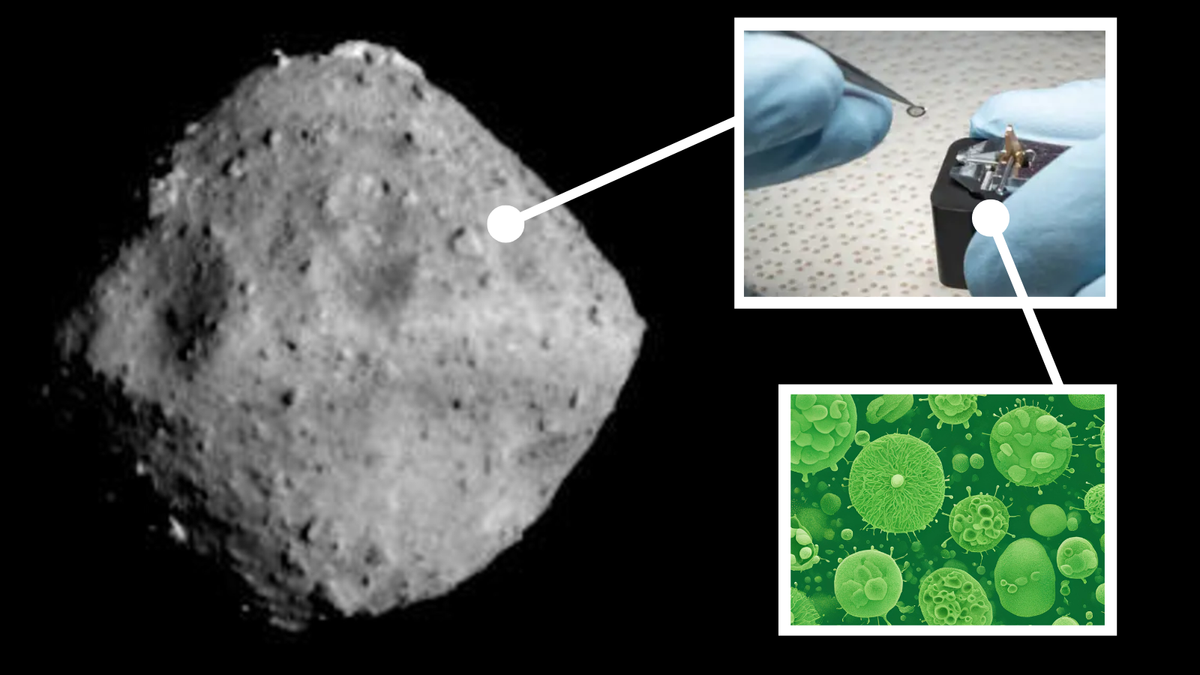- cross-posted to:
- science@lemmy.world
- cross-posted to:
- science@lemmy.world
Summary
Earth-based bacteria rapidly colonized a Ryugu asteroid sample after it was returned to Earth in 2020 by Japan’s Hayabusa2 spacecraft.
Researchers confirmed the microbes were terrestrial, appearing after exposure to Earth’s atmosphere. Within two weeks, microbial populations on the sample grew significantly.
This highlights the resilience of Earth’s microorganisms and raises concerns about contamination of extraterrestrial materials and planetary environments during space missions.
The findings emphasize the need for strict planetary protection protocols to avoid misinterpreting contamination as evidence of alien life. The study was published in Meteoritics & Planetary Science.



The panspermia hypothesis goes one further and suggests that life-generating molecules originated elsewhere in the universe before finding their way to our solar system, making Mars and Earth potential cousins rather than one developing from the other.